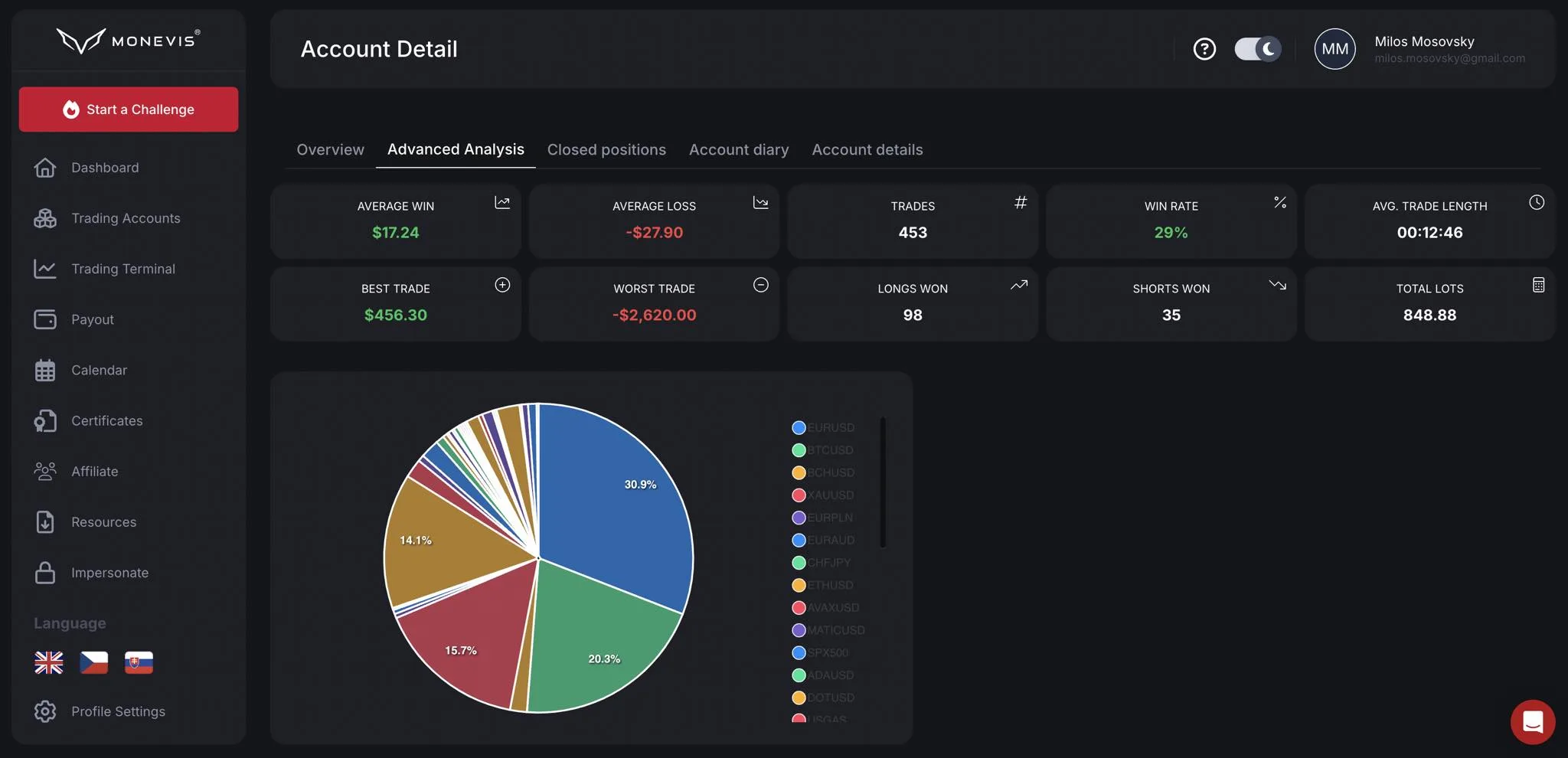ホット・ヒント:Monevis®でトレーディングの可能性を引き出す

Understanding Market Making: A Comprehensive Guide
In the dynamic world of financial markets, one underlying mechanism that allows for efficiency and liquidity is market making. As the term suggests, market makers play a critical role in creating markets for securities. But what does market making entail, and how does it work? This article will delve into the intricacies of market making, its importance, and its impact on the financial market landscape.
Defining Market Making
At its core, market making represents the act of quoting both a buy and a sell price for a financial instrument, creating a market in which participants can trade. Market makers, therefore, are entities—usually brokerage houses or banks—that stand ready to buy or sell a particular security at publicly quoted prices, providing liquidity and facilitating trade.
The Process of Market Making
Market makers operate by posting their bid (buy) and ask (sell) prices for specific securities on exchanges. They profit from the spread, which is the difference between the bid and ask price.
Here’s a simplified example: if a market maker buys a bond for $99.50 and sells it for $100, the spread of $0.50 is their profit.
When an investor places an order to buy or sell a security, the market maker executes the trade. If there are no matching orders from other investors, the market maker will take the other side of the trade. This ensures that trading continues smoothly, even if there isn’t a perfect match of buyers and sellers at any given moment.
Market Makers and Liquidity
One of the primary functions of market makers is to provide liquidity to the market. Liquidity refers to the ability to quickly buy or sell an asset without causing a significant change in its price.
By constantly offering to buy and sell securities, market makers ensure that other market participants can trade when they wish to, preventing potential bottlenecks. This continuous availability of purchase and sale prices contributes to a liquid and efficient market.
The Role of Market Makers in Price Stability
Apart from providing liquidity, market makers also contribute to price stability. By taking the other side of the trade when there are imbalances in supply and demand, they help to mitigate price fluctuations.
For example, if there’s a surge of sell orders for a particular stock, the market maker can step in and purchase the excess supply to prevent a dramatic fall in price. Similarly, they can sell securities from their inventory if there’s a sudden increase in buy orders.
Risks and Rewards in Market Making
While market making can be lucrative due to the profits made from bid-ask spreads, it’s not without risks. Market makers are required to maintain an inventory of securities, which exposes them to potential losses due to price fluctuations. Moreover, during periods of high market volatility, the risk of being unable to match buy and sell orders is elevated.
However, these risks are offset by several protective measures. Market makers diversify their portfolio to spread the risk, maintain substantial capital reserves, and use sophisticated trading strategies and algorithms to manage their positions efficiently.
Regulation and Market Making
Market making activities are heavily regulated to protect investors and maintain fair and orderly markets. Rules vary across jurisdictions, but generally, market makers are required to meet specific obligations. These include maintaining a continuous two-sided market during specific hours, executing orders at the best available price, and disclosing their market-making activities.
最終的な感想
Strongly integrated into the structure of financial markets, market making plays a crucial role in assuring liquidity and stability. By constantly buying and selling securities, market makers keep the wheels of the market turning, ensuring investors can trade when they want to.
As investment technologies continue to evolve, so too will the practices of market making, further enhancing efficiency, transparency, and accessibility in the global financial markets. This makes understanding market making not just useful, but crucial for anyone involved in finance and trading.
ホット・ヒント:Monevis®でトレーディングの可能性を引き出す
